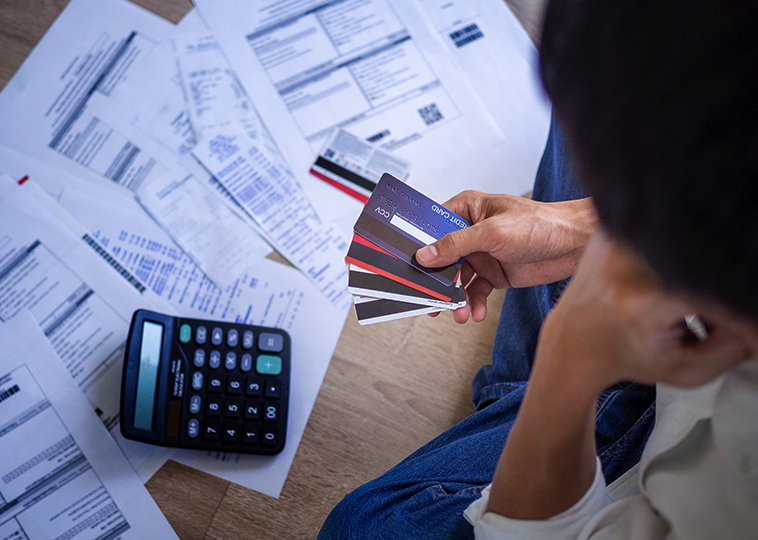How to Reduce Your Debt
Plan your spending according to your income

Keep track of spending
Make a budget

Put needs before wants
Don’t get into more debt

Keep your credit card in your wallet and don’t use it unless it is for an emergency
To avoid getting into more debt, use cash or your debit card instead of your credit card. That way, you’ll be spending money you already have.

Avoid and Buy now, pay later’s offers
Reduce small, recurring expenses
Saving a little every day can go a long way. Good examples of ways you can save on costs include taking public transit instead of your car, bringing your lunch to work and reducing your coffee consumption. Eliminating that extra $1.50 coffee each workday can mean over $400 a year in savings.


Reduce your banking fees
Use automated banking machines (ABMs) from your own financial institution. Review your banking package every now and then to make sure that it is still the best one for you. For more information, see FCACs Cost of banking guide interactive tool, which lists ABM fees and helps you compare and choose the best banking package for your needs.
Manage your existing debt
Pay down your highest interest rate debts first
While you pay off the credit card debt, don’t forget to make the minimum payments on other debts with lower interest rates. If you set aside the main part of your income towards bringing the balance down on your most expensive loan, you’ll be surprised at how much you save.

Keep your credit card in your wallet and don’t use it unless it is for an emergency
To avoid getting into more debt, use cash or your debit card instead of your credit card. That way, you’ll be spending money you already have.

Contact your creditors
Get a consolidation loan with your financial institution


Talk to trusted financial professionals
These may include your bank representative, your financial planner or a credit counselling agency. With their help, you will be able to evaluate your current debt situation, determine your present and future needs, make a budget and find ways to pay off the debt. For more information on credit counselling agencies, see FCAC’s Tips for dealing with credit counselling agencies.
Considering Filing for Bankruptcy?
1-800-665-9965